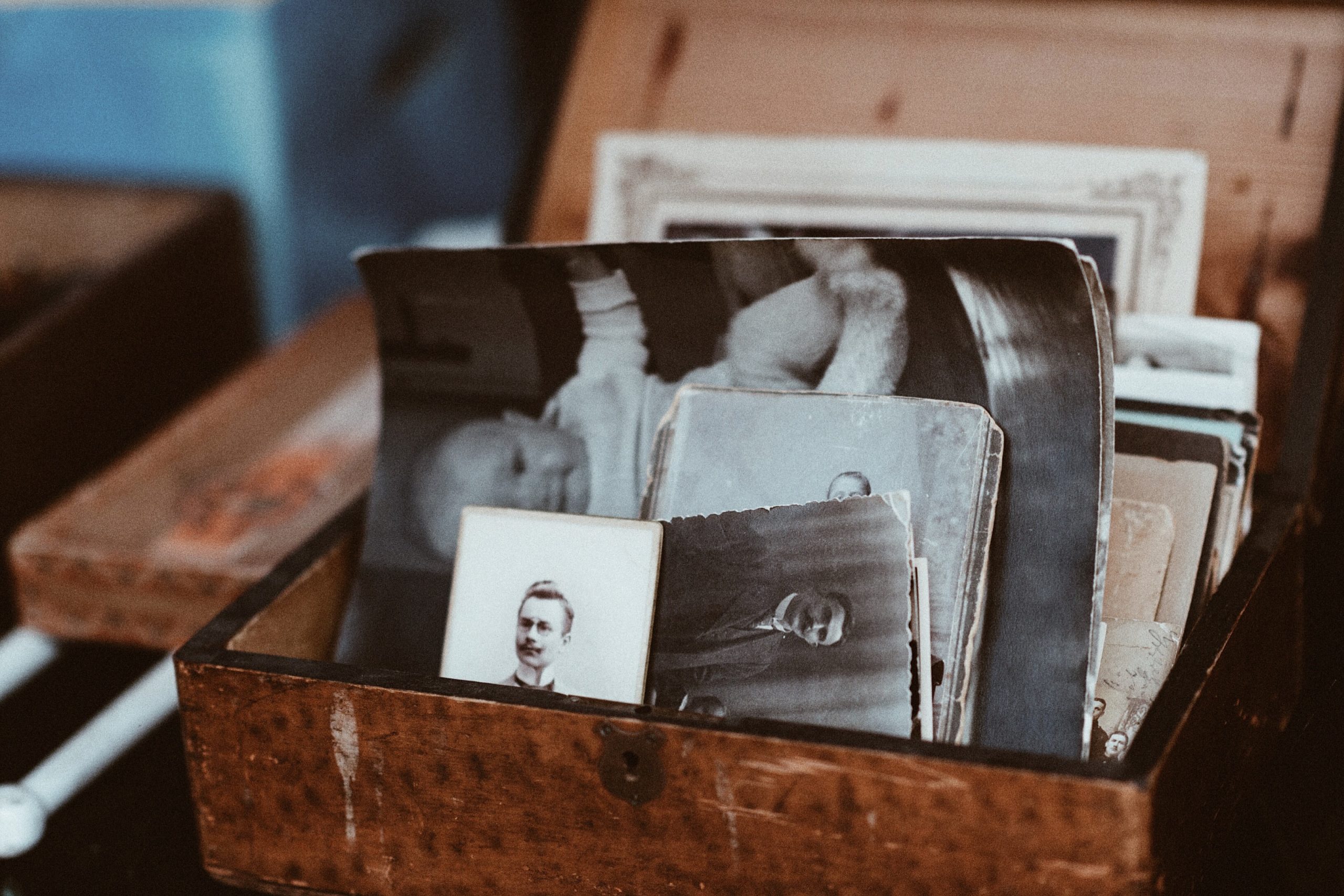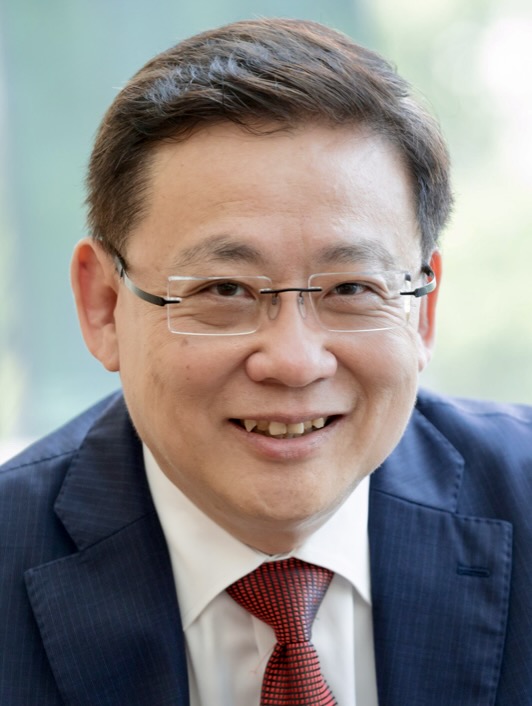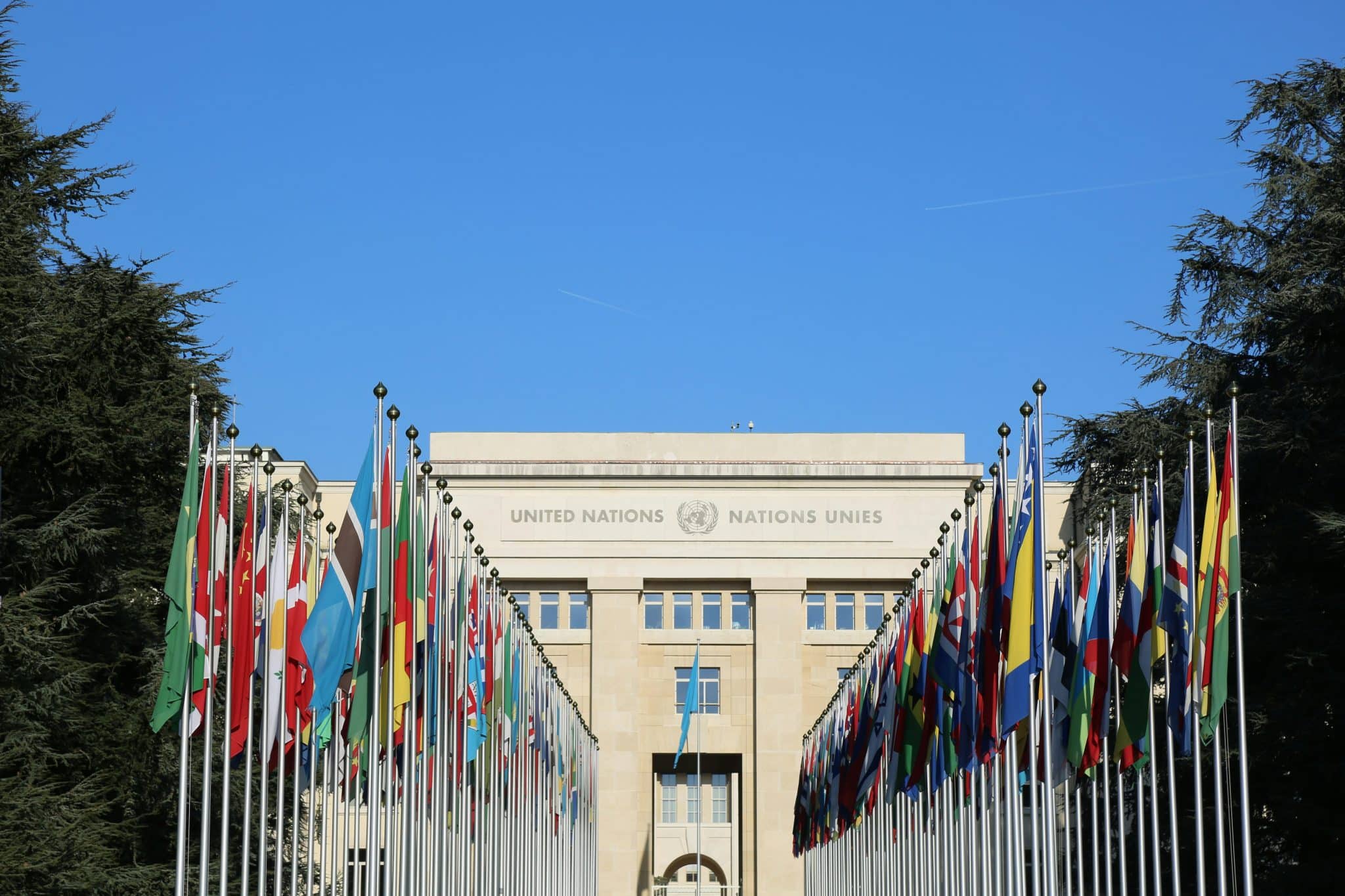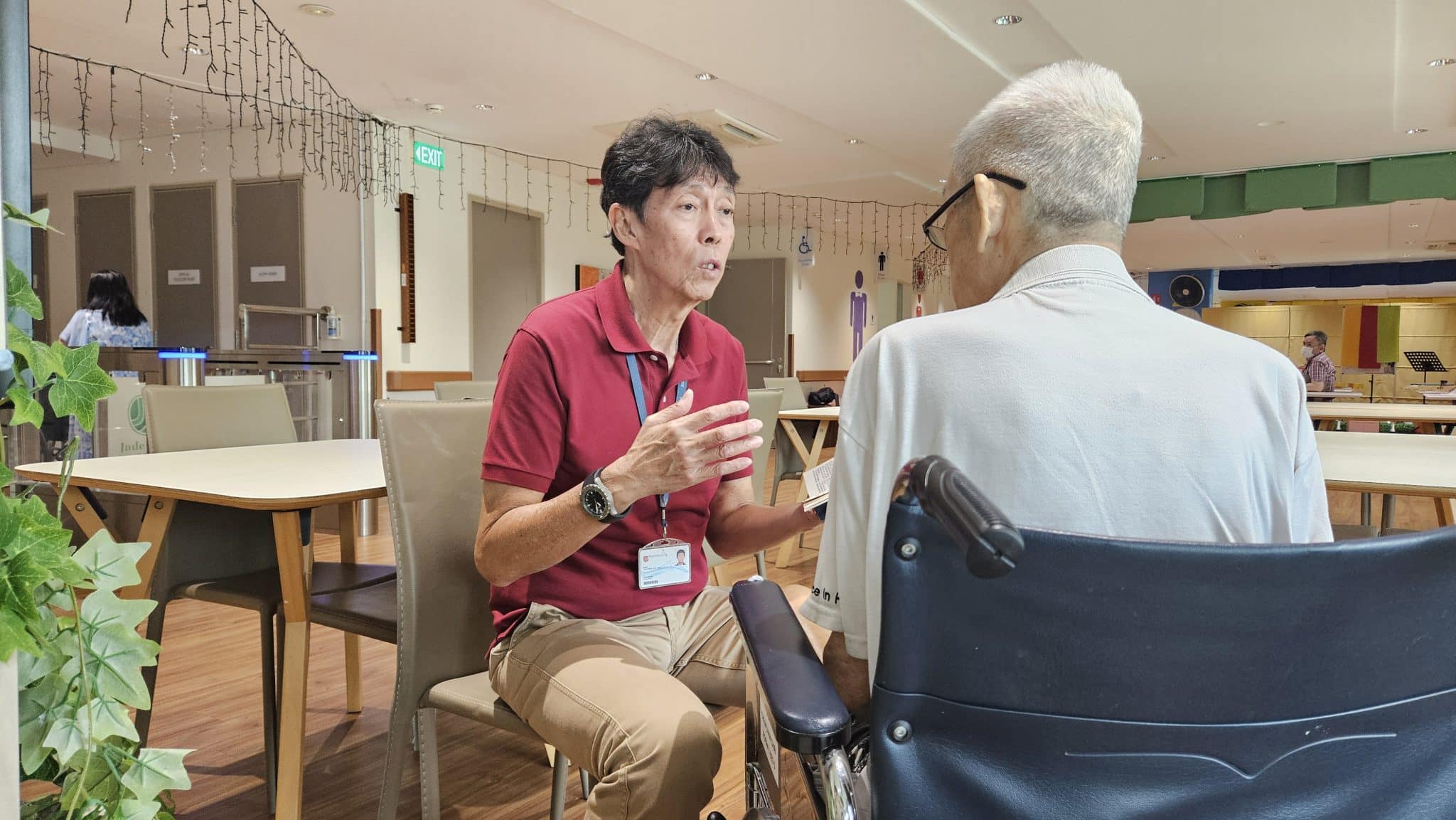Inheritance and heritage: A reflection on what we leave the next generation
Jeffery Tan // September 3, 2021, 4:03 pm

Living and leaving well, Jeffrey Tan reflects on the legacy that a friend's father has left behind and what it means for him as a father. Photo by Roman Kraft on Unsplash.
This past week I learnt about the passing of a friend’s father.
It’s sad for many reasons, but here are a few: First, the loss of one’s parents brings into sharp focus the finality in a relationship that connects one’s genesis and introduction into the world. It gives pause for thought on the issue of one’s own mortality – a certainty in an otherwise uncertain world.
Secondly, the values and life lessons which parents have imparted to us, are suddenly thrust into the realm of memories, where it’s no longer possible to revisit issues or initiate conversations that were never had.
Although it’s been more than half a century ago, the sense of loss remains – faded but not erased.
Questions that we may have always wanted to ask our parents or issues that we did not spend sufficient time and effort (if any, at all) to resolve, are pushed into the hypothetical realm of “what if” or “if only”. These often result in regrets.
Yet another reason why it’s sad, is the manner in which the passing of a loved one is remembered in these Covid times.
Another friend’s husband passed on last year and her children, unable to return from the different countries where they are based, have been waiting for a resumption of the pre-Covid normality to organise a memorial.
Goodbyes were said virtually with the aid of technology. It brought the family close, but not quite close enough.
This physical memorial remains a plan, given the Covid travel restrictions. What would, ordinarily, have been relatively simple is now rendered difficult.
Legacy living
Regardless of the age of our parents’ passing, and ours when it happens, this still brings a sense of profound loss: I lost my father when I was a young boy, and although it’s been more than half a century ago, the sense of loss remains – faded but not erased.
Each time my friends’ parents pass on, it is a powerful reminder to treasure my days as a parent and consider how I can help prepare my children for my eventual departure.
While many will leave children an inheritance of physical assets, I am more focused a heritage and legacy.
For those who may consider this thought process morbid, allow me to elaborate.
While many of us will leave our children an inheritance of physical assets on our passing, I am increasingly more focused on establishing a heritage and legacy for my next generation that will endure for generations to come.
Heritage refers to the intangible endowment we pass on from one generation to the next. This involves the passing on of values, life principles, lived experiences and philosophical wisdom that will, hopefully, form the foundation for the next generation as they grapple with their own challenges.
As I reflect on this question of heritage and legacy, I am reminded of the wisdom of Winston Churchill, who was working to form the United Nations after World War II, when he famously said: “Never let a good crisis go to waste.”
Clock and compass
The Covid pandemic has shaken the world to its core – from testing countries’ medical capabilities to support those infected by Covid, to rolling out vaccination programs, to salvaging economies and citizens livelihoods, all the while confronting an invisible enemy that morphs and retaliates with new variants endowed with increased transmissibility.
While we exist, we are challenged each day by how we wish to spend the hours we have in the “clock”.
Likewise, at the personal level, we have all been challenged to evaluate what is core to life and being. Self-help books teach us skills that encourage us to dare to be joyful, monitor our impact on others who are closest to us, bringing our best self to our family.
I recall the sagely advice from a church elder that that we each have a “clock” and a “compass” in our lives: The “clock” represents our time in this life and the “compass” being the values we live our lives by.
While we exist, we are challenged each day by how we wish to spend the hours we have in the “clock”.
Regardless of our intellect, wealth or standing, our Creator has fairly allocated us with 24 hours each day. We have a choice on how we wish to invest and spend that time – at work, with friends or our loved ones.
Unfortunately, this “clock” will have to be surrendered when we pass on.
Actions that reverberate
The shaking and disruption that the pandemic has created in the past year-and-a-half has given us the opportunity to reflect on the critical things in life.
Suddenly, the rush of living which many have grown accustomed to – be it a jet set life for work or leisure – has screeched to a halt.
The mantra of “evolve or die” is not new, but the pace and acceleration in these Covid times are certainly unprecedented.
The pandemic has challenged our sense of survival and the need to adapt: From being vaccinated against Covid with no guarantee against infection by the virus, to hastily pivoting from a real brick and mortar world to the virtual, digital one.
The mantra of “evolve or die” is not new, but the pace and acceleration in these Covid times are certainly unprecedented.
The pandemic has seen fortunes rise and, similarly, fortunes wiped out. This leads one to conclude, at the most simplistic level, that there are things that are shakeable and open to destruction, and things that can withstand the shaking and endure over time.
Two weeks ago, Singapore celebrated its postponed 56th National Day parade. Amongst the many stories of encouragement is the importance of having resilience, hope and the desire to push on to the new normal notwithstanding the challenges that we are faced with as a nation.
The story of Tan Geok Har, who rebuilt her life after the devastating Bukit Ho Swee fire, personifies the resilience of that baby boomer generation, with its grit and gumption that persevered despite the odds.
Likewise, the efforts of Zubir Said, who left a rich heritage of music for the nation, the foremost of which is our national anthem.
Holding steady
No person is an island, and it’s important that future generations treasure and enhance the bonds of kinship in the family, and the larger network of friends and community.
Key foundations and values that have been tested by time are important.
As the familiar biblical parable of houses built on the sand or the rock remind us, the key foundations and values that have been tested by time are important.
As a parent, it behoves me to pass this on to my children and, hopefully, see it perpetuated to the generations thereafter.
This brings me to the “compass” which represents the values I have been writing about.
Regardless of the circumstances and the external challenges, this is the one tool that we can pass on, after our passing.
For the future generations – whether they are challenged by crises we cannot now imagine – the “compass” will be the one thing that will help them chart to the “true north”, to navigate them to the right destination.
The life in our years
I will end where I started: My friend’s two daughters delivered a heartfelt eulogy for their grandfather.
“We will all need to reflect on how we can live our life well on this earth, to leave a heritage and legacy for our next generation.”
One reminisced over the many small but tangible things that impacted her: From the memories of Grandpa waiting in front of the school if she had to stay late, to waiting for Grandma to come home before he ate his lunch, to how contented Grandpa was just eating his favourite food, joking around, or celebrating his birthday.
The other remembers Grandpa as one who never expressed his love in words but showed it through his actions. Both thanked Grandpa for bringing joy and laughter into their young lives.
And though, as Christians, we have the assurance to meet our loved ones again, the wisdom of one granddaughter was probably best captured when she quoted Abraham Lincoln who said: “It’s not the years in your life, but the life in your years”.
We will all need to reflect on how we can live our life well on this earth, to leave a heritage and legacy for our next generation.
RELATED STORIES:
Jim and Ernest Chew: Bound by brotherhood, Bible and Billy Graham
We are an independent, non-profit organisation that relies on the generosity of our readers, such as yourself, to continue serving the kingdom. Every dollar donated goes directly back into our editorial coverage.
Would you consider partnering with us in our kingdom work by supporting us financially, either as a one-off donation, or a recurring pledge?
Support Salt&Light




